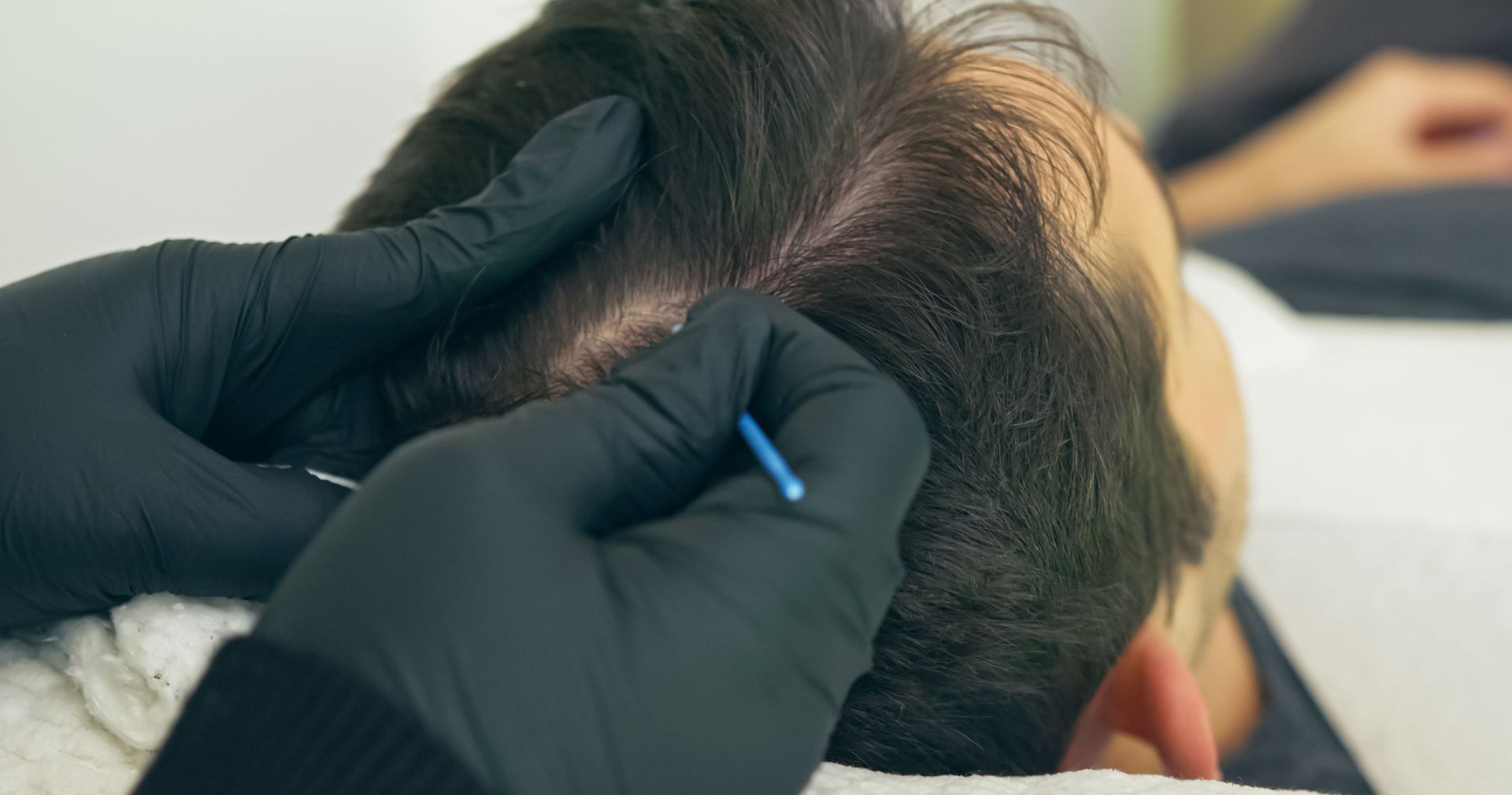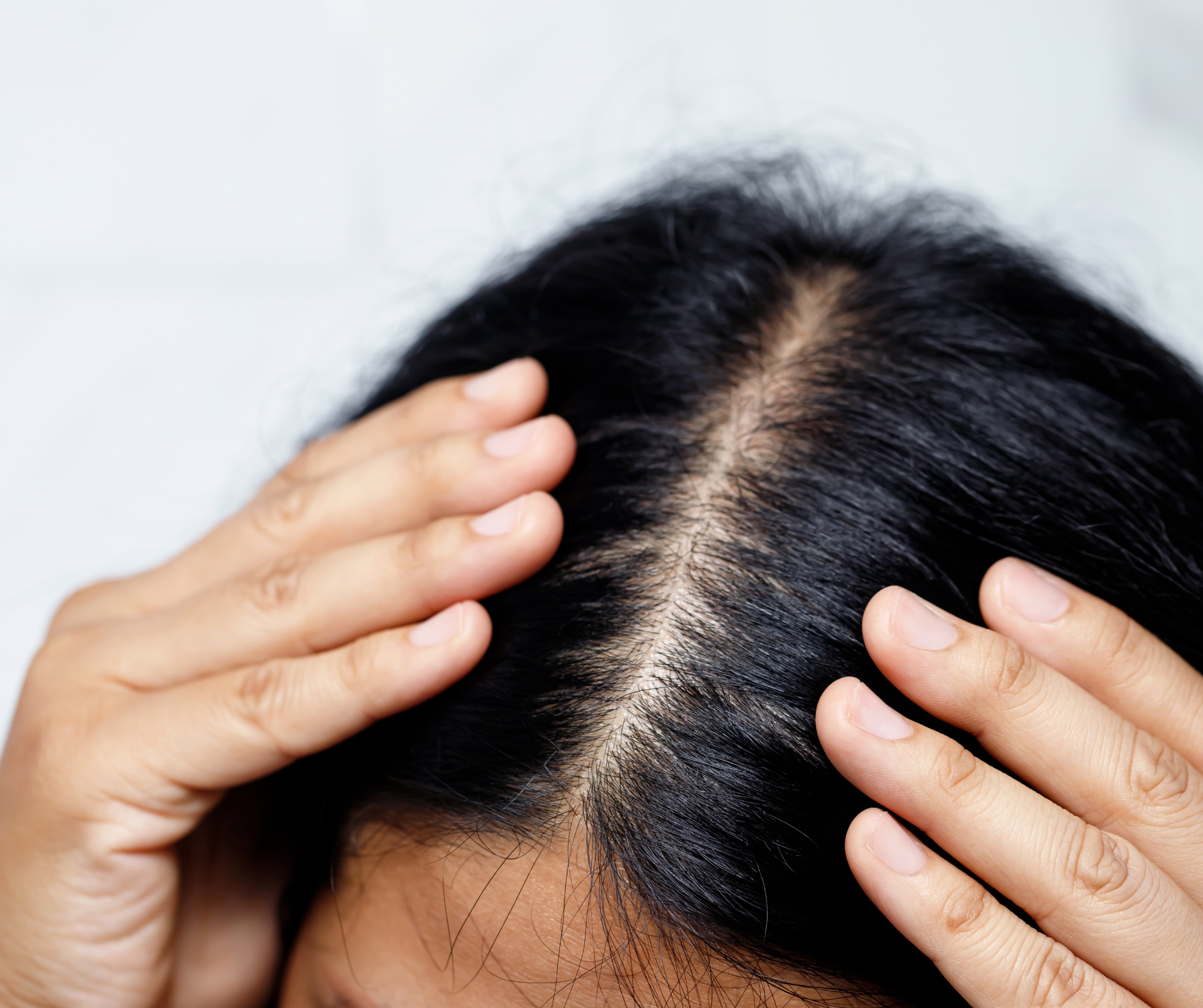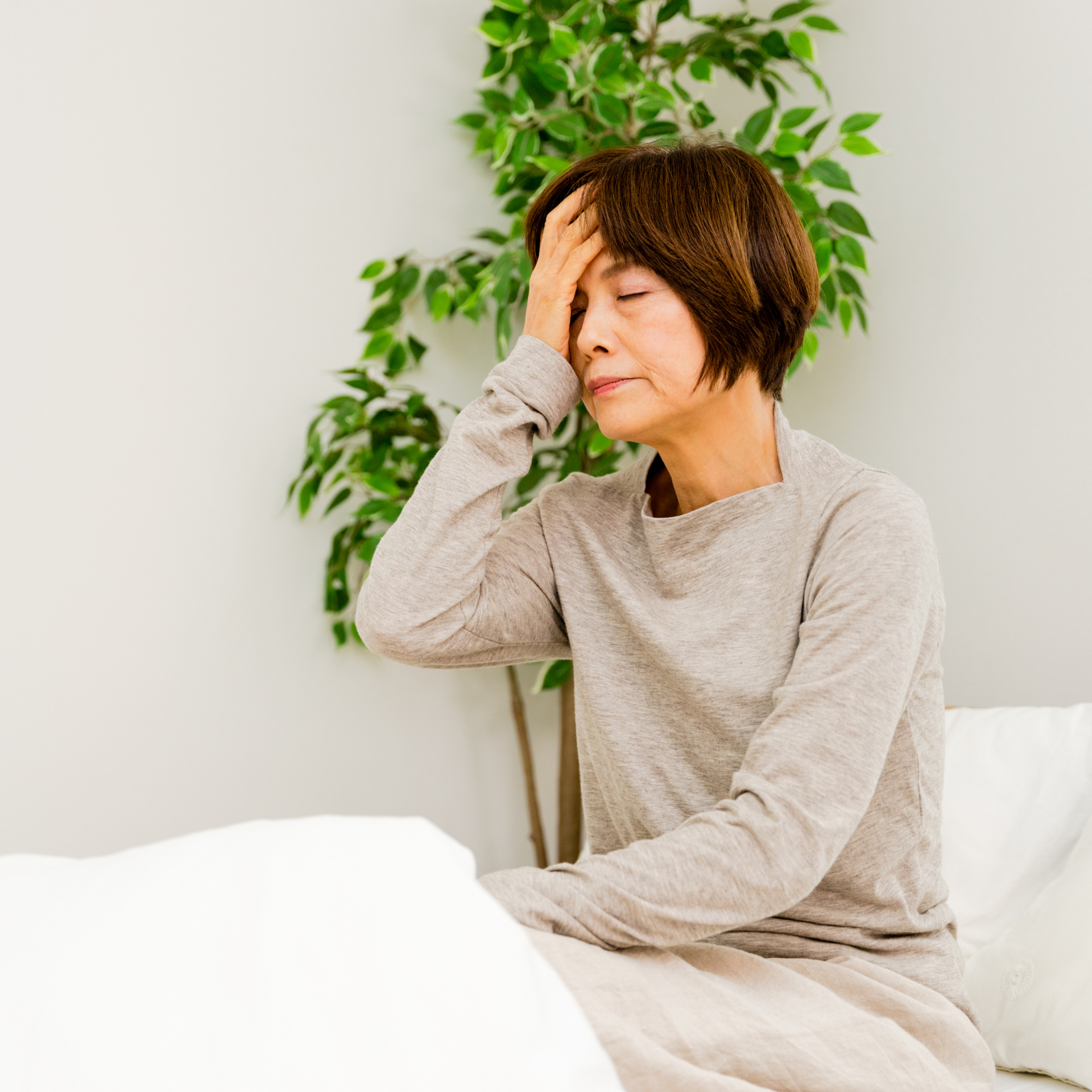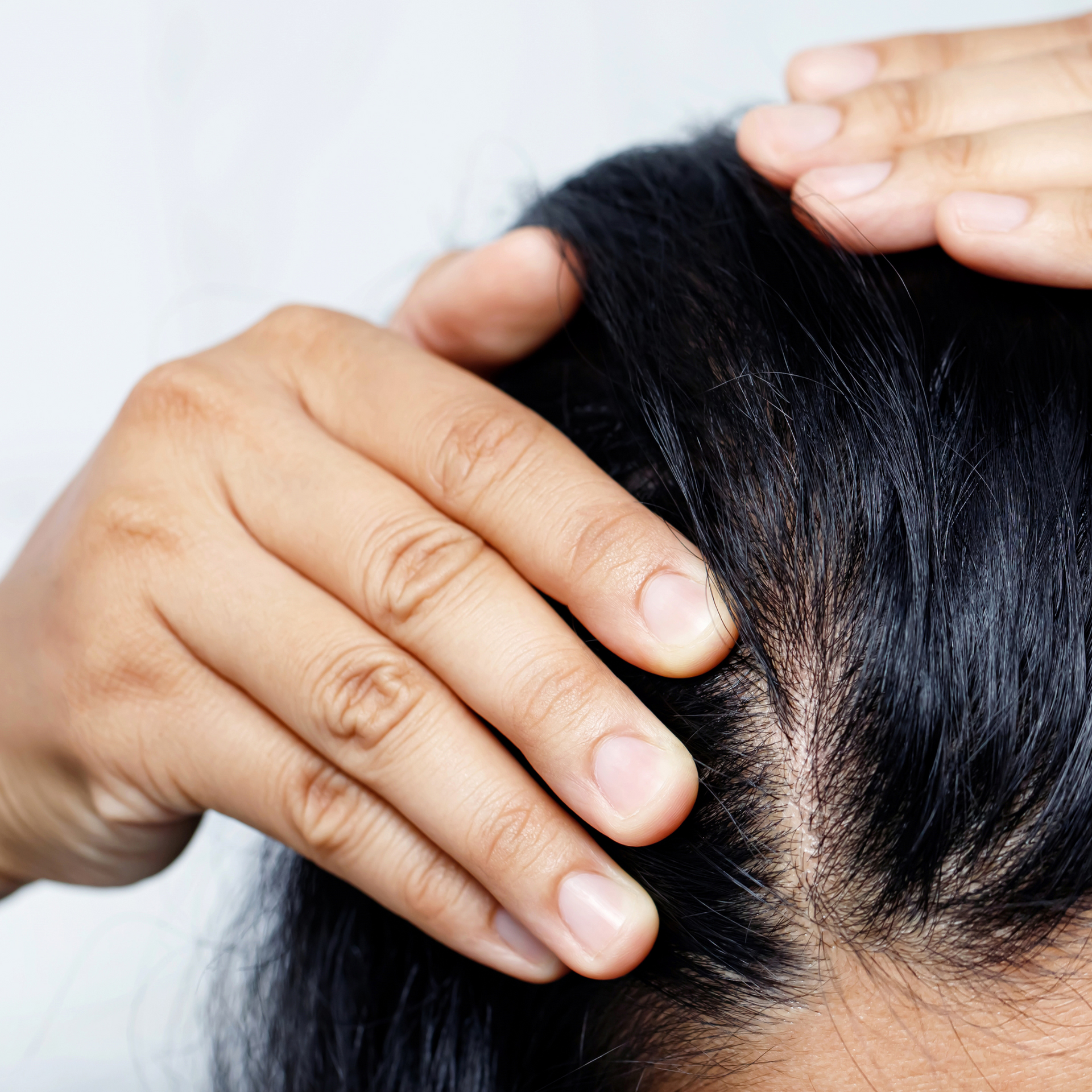How Long Does Hair Recovery Take After Major Stress?
Rebuilding Healthy Hair After Emotional and Physical Strain
Life’s challenges can sometimes leave more than emotional scars—they can affect your physical health, including your hair. Experiencing significant stress, whether emotional, physical, or related to health conditions, can lead to noticeable hair shedding. But how long does it take for your hair to recover once the stress subsides? Let’s dive into the science behind stress-related hair loss and what you can do to support healthy regrowth.
How Stress Impacts Your Hair
Stress can disrupt your hair growth cycle, leading to a condition called telogen effluvium. This condition forces a larger number of hair follicles into the resting (telogen) phase of the cycle. After a few months, these hairs may shed all at once, resulting in noticeable thinning.
Common causes of stress-related hair shedding include:
- Major life events (e.g., job loss, divorce, or bereavement).
- Physical trauma (e.g., surgery, illness, or injury).
- Nutritional deficiencies caused by stress-related lifestyle changes.
The good news? Unlike other types of hair loss, telogen effluvium is typically temporary and reversible.
How Long Does It Take for Hair to Regrow?
Once the stressor is resolved, most people begin to notice hair regrowth within three to six months. However, full recovery can take up to 12 months, depending on factors such as the severity of the stress, your overall health, and your hair’s natural growth cycle.
Here’s what happens during recovery:
- Shedding slows down: As new hairs grow, the excessive shedding diminishes.
- New hair emerges: Baby hairs (fine, short strands) begin to fill in thinning areas.
- Normal growth resumes: With time, your hair returns to its usual density and length.
Tips for Supporting Hair Recovery
While time is the most critical factor in hair regrowth, there are steps you can take to speed up the process:
Improve Your Nutrition:
- Incorporate protein-rich foods like eggs, lean meats, and legumes.
- Include biotin, iron, zinc, and vitamin D in your diet, either through food or supplements.
Practice Stress Management:
- Adopt stress-relieving activities like yoga, meditation, or journaling.
- Maintain a consistent sleep schedule to give your body time to heal.
Choose Gentle Hair Care Practices:
- Avoid harsh treatments like bleaching or excessive heat styling.
- Use a sulfate-free shampoo and a nourishing conditioner to protect fragile hair.
Consult a Professional:
- If hair shedding persists beyond six months or worsens, consider consulting a dermatologist or trichologist.
When to Seek Help
While telogen effluvium typically resolves on its own, excessive or prolonged hair loss may indicate an underlying issue, such as a thyroid condition, alopecia, or nutrient deficiency. Early intervention can make a significant difference in outcomes.
Stress-related hair shedding can be a frustrating experience, but with the right approach, recovery is within reach. By addressing the underlying causes of stress, ensuring a well-balanced diet, and taking good care of your hair, you can support its regrowth. While the process may take some time, patience and consistency will yield positive results. If you're struggling with hair loss due to stress and need professional advice, Nurse Holly Aesthetics in Sarasota is here to help. With tailored treatments and expert guidance, Nurse Holly can assist you in your hair recovery journey and restore your confidence.











Share On: